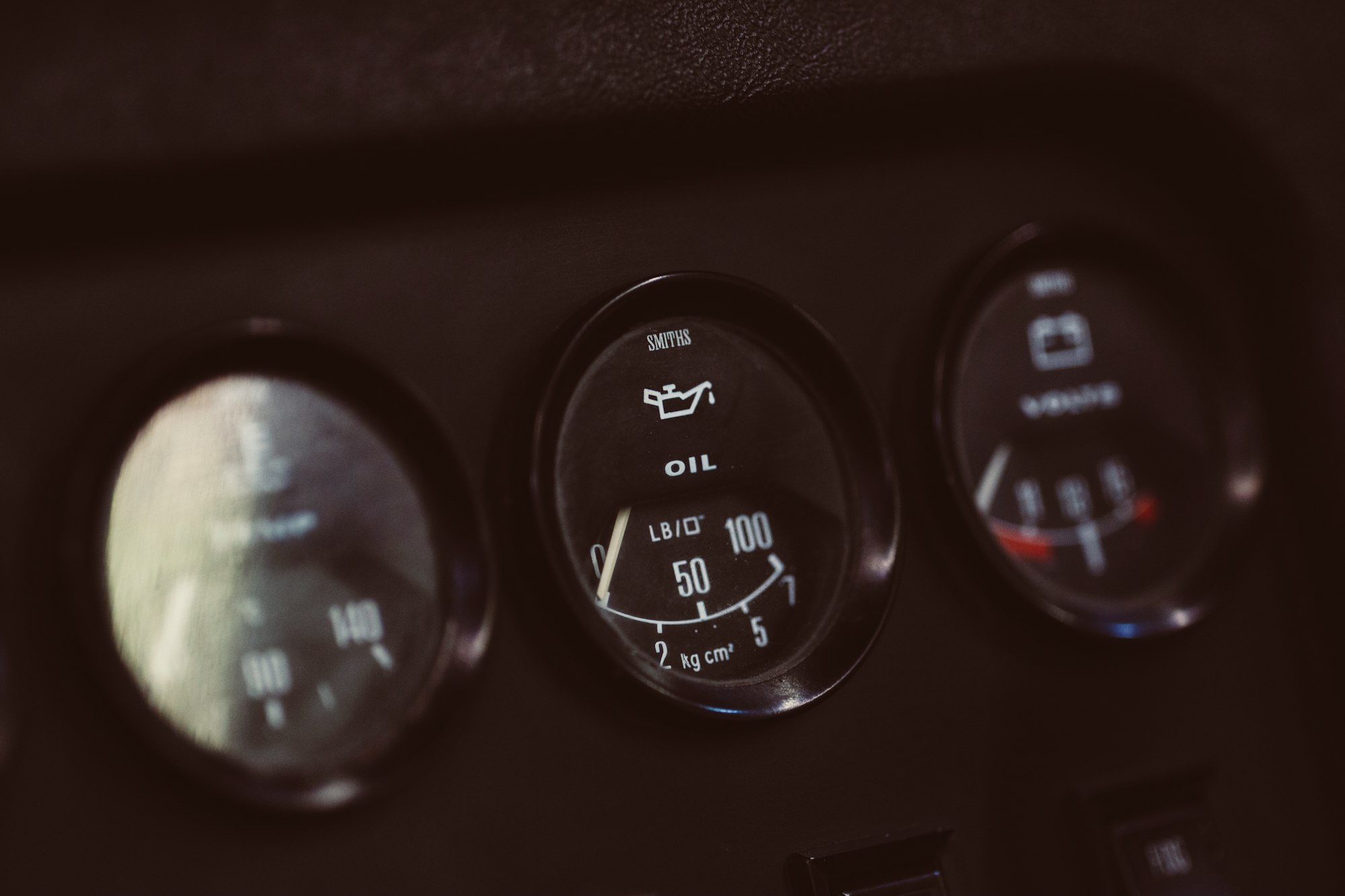
How often should you service your car – and what happens if you don’t?
In a country as big as Australia, access to a car can feel essential. But there’s a lot to consider. Do you know your car’s running costs? What about when to get it serviced?
We’re here to help. We’ll show you exactly how often you should service your car and give you three quick reasons not to delay.
How often should you service your car in Australia?
There are two reasons to service your car.
- Enough time has elapsed since your last service
- Enough kilometres have ticked over on the speedo
The kilometres can add up quickly in a place like Australia. So how often should you service your car? Experts like the RACQ and NRMA recommend servicing your car every 10,000 km or six to twelve months, whichever comes first. Even if you don’t drive much, getting your car serviced regularly is crucial. Fluids in your vehicle can be affected by moisture and must be inspected and replaced periodically to avoid any issues. The most accurate way to know how often you should service your car is to read the owner's manual.
Next, let’s look at how long you can go without servicing your car.
How long can you delay a car service – is it necessary to service a car every six months?
If you’re feeling the pinch, stretching out the time between services can be tempting. We don’t recommend this. Don’t delay your scheduled service. Regular servicing (every six to twelve months or 10,000 km) is crucial to preventing safety concerns and costly emergency breakdowns that can put you and your passengers at risk on the road.
Faulty brakes or worn-out tyres can create major hazards. On the other hand, routine checks, including basic DIY car maintenance, can help reduce the risk of a breakdown.
Australia’s largest member organisation, the NRMA, recommends regular servicing to ensure your vehicle remains safe and reliable over time.
According to the NRMA, regular servicing is also the best way to prevent damage to your engine from oil breakdown or sludging. So, make sure to service your car regularly to avoid potential safety hazards and costly repairs in the future.
What might happen if you delay a car service?
It's easy to forget about car maintenance when you're busy. We get it. But getting your car serviced on schedule is essential for its longevity and your safety on the road.
Regular maintenance and part replacement can prevent issues like:
- reduced fuel economy
- poor driving performance
- major mechanical failures
Here are some risks you take if you delay a car service for years:
Engine oil
When you change your engine oil regularly, you're keeping the inside of the engine in good condition. If you don’t change your engine oil, it deteriorates over time and can cause carbon build-up and premature wear.

Brake fluid
Similarly, most car manufacturers recommend flushing your braking system every two years, regardless of how much you've driven. Brake fluid absorbs moisture and needs to be checked and replaced to ensure your brakes work effectively.
Warranty
If you miss scheduled services or your car is in poor condition, dealerships may not cover repairs under warranty. However, if you're just a little bit late and your vehicle has a good service history and is in good condition, it may not be a big problem.
So, understand how often you should service your car and follow the recommended schedule.
Can you over-service a car?
You get the idea by now. If you’re wondering how often you should get your car serviced, our response is always: check your logbook. And stick to the schedule. Don’t delay a car service. However, it is possible to do too much maintenance on a car.
Doing too much maintenance means doing more than what's necessary or the manufacturer recommends. This can cost you more money and may even harm your car.
For example, changing the oil too often or using the wrong oil can hurt your car's engine. Replacing parts that don't need to be replaced, like brake pads or spark plugs, can also waste money and resources.

So let's be clear here: you should follow your car's maintenance schedule and only do what's necessary. No more and no less. Consult a trusted mechanic if you're still unsure.
What are adverse operating conditions?
Some logbooks talk about “adverse operating conditions” and recommend a different servicing schedule for your vehicle. What are they, and how does it affect you?
Continuous stop-start driving, heavy towing, or high-speed driving stresses your vehicle and its components more. These conditions require more frequent maintenance to keep your car running efficiently.
So if you drive daily in the inner city, tow a caravan regularly or whip down the freeway for meetings, you might wonder how often to service your car. The good news is, it's pretty simple: do it more often.

Servicing your car every 5,000 km or three months (whichever comes first) and replacing fluids yearly can protect your car's major components under these operating conditions. You’ll keep your car in good condition and stay safe on the road.
So now you know how often you should service your car. But what’ll actually happen when you do?
What happens when a car gets serviced?
When it comes to car servicing, you can choose from different types of services. Mechanics often distinguish between major and minor services and interim servicing.
A minor service can take as little as an hour and a half and includes necessary checks like:
- oil and oil filter
- steering and suspension
- lights
- windscreen wipers
- spark plugs
- leads
- air conditioning
- brakes, and brake fluid
On the other hand, a major service can take most of the day and involves the same tasks as a minor service, plus additional steps like testing and replacing filters, repairing and replacing spark plugs, checking the engine, performing a wheel alignment, inspecting the brakes, and flushing and changing fluids in the car.
If you need a service between routine service intervals set by the manufacturer, you can book an interim service. This includes changing the engine oil and engine oil filter. A mechanic can check if anything specific needs attention.
Recap: how often should you service your car?
It’s simple: every six to twelve months or 10,000kms, whichever comes first. Even better, check your logbook for the manufacturer’s recommendations. Don’t wait too long between services, or you risk damaging your car or driving an unsafe vehicle. Now that’s clear, learn about your car running costs and how to save thousands.
Information included in this article is accurate as of 02/05/2023. The information published on this blog is of a general nature only and does not consider your personal objectives, financial situation or particular needs. The information published on this site/page should not be relied upon as a substitute for personal financial or professional advice.








